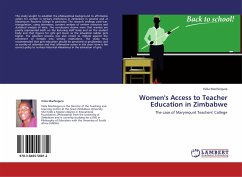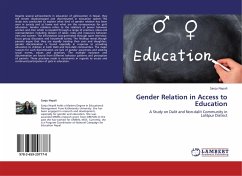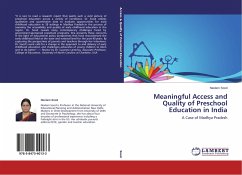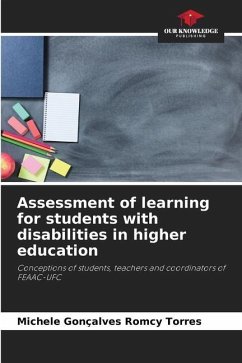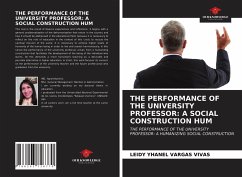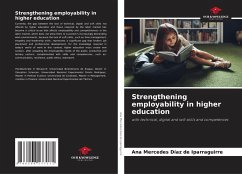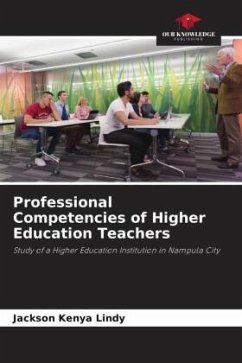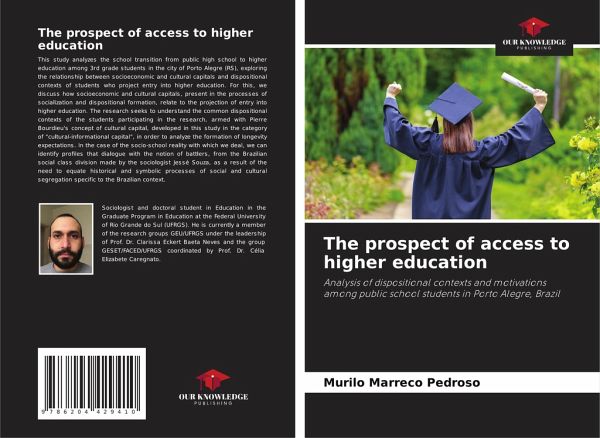
The prospect of access to higher education
Analysis of dispositional contexts and motivations among public school students in Porto Alegre, Brazil
Versandkostenfrei!
Versandfertig in 6-10 Tagen
40,99 €
inkl. MwSt.

PAYBACK Punkte
20 °P sammeln!
This study analyzes the school transition from public high school to higher education among 3rd grade students in the city of Porto Alegre (RS), exploring the relationship between socioeconomic and cultural capitals and dispositional contexts of students who project entry into higher education. For this, we discuss how socioeconomic and cultural capitals, present in the processes of socialization and dispositional formation, relate to the projection of entry into higher education. The research seeks to understand the common dispositional contexts of the students participating in the research, ...
This study analyzes the school transition from public high school to higher education among 3rd grade students in the city of Porto Alegre (RS), exploring the relationship between socioeconomic and cultural capitals and dispositional contexts of students who project entry into higher education. For this, we discuss how socioeconomic and cultural capitals, present in the processes of socialization and dispositional formation, relate to the projection of entry into higher education. The research seeks to understand the common dispositional contexts of the students participating in the research, armed with Pierre Bourdieu's concept of cultural capital, developed in this study in the category of "cultural-informational capital", in order to analyze the formation of longevity expectations. In the case of the socio-school reality with which we deal, we can identify profiles that dialogue with the notion of battlers, from the Brazilian social class division made by the sociologist JesséSouza, as a result of the need to equate historical and symbolic processes of social and cultural segregation specific to the Brazilian context.




